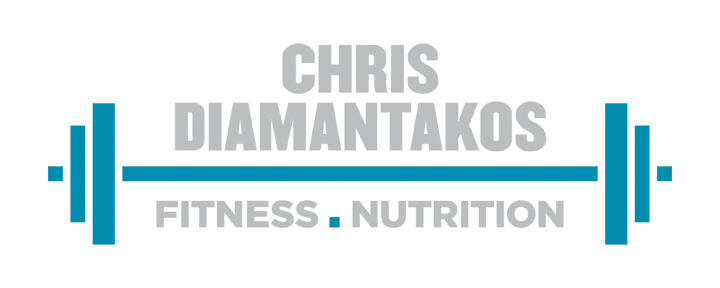Alcohol and Exercise. Is There Room for Both? (Part 2)
Image from http://submergemag.com/food-and-drink/bike-and-brew-fest-for-davis-first-annual-beer-week-2013/9180/
Alcohol and Exercise. Is There Room for Both?
In Part 1 you learned how alcohol affects muscle, strength and performance gains. Part 2 will go over the other end of the spectrum: fat loss and hormonal impact.
Unfortunately, alcohol works against you if your goal is to lose fat. Well, I guess it’s not unfortunate or else everyone with that goal would be running around the streets drunk out of their mind all day. Let’s take a closer look, starting with calories.
Calories
Compared to the 3 macronutrients (Protein, Carbs, Fat) Alcohol produces the second most calories per gram. Fat has 9 kcals/gram, Alcohol has 7, and protein and carbs come in at 4.
One thing to point out is that alcohol has a HUGE thermic effect. Similar to protein. That’s just one of many reasons why protein can be more effective than eating carbs for fat loss; the body burns more energy digesting and converting protein to usable/storable energy, compared to carbs.
Now let’s put all those calories in perspective. Say you go out for dinner and drinks and you end up having 3 pints of beer. According to the US Department of Agriculture, the average pint of beer has 204 kcals. 204 x 3 = 612 extra kcals added to your daily intake. That could potentially put a dent in your fat loss quest. Especially if you’re having some trouble staying in a caloric deficit.
A shot of alcohol, let’s take a 40% vodka shot, still has about 100 kcals/shot (1.5oz) and a glass of wine can be between 110-300 kcals/glass. It obviously depends how much alcohol and sugar is in both. The higher the alcohol % concentration, the higher the caloric value it will have.
Fat Burning
When you consume alcohol, your body stops burning fat as a fuel. It prioritizes burning alcohol because it can be a threat to the body if you over indulge. It may not seem that bad at first. But think of the food you eat at the end of the night. Think of that 3am chicken gyros, or a face full of a medium pizza to yourself… It’s been documented that over consuming alcohol plays a role in hunger and appetite. What you would normally pass on, might be the late night go to after a few drinks. While your body is working hard to burn that alcohol, your food is lined up waiting to be stores or burned (most likely stored, as glycogen, liver glucose, or fat). Probably not the best thing for fat loss.
Hormones
This subject is pretty complex and the research has lots of conflicting results. What is agreed on is that higher intakes of alcohol negatively effects hormone ratios. Decreasing testosterone, increasing cortisol and estrogen. Having said that, just a couple beers has been shown to reduce cortisol and slightly increase testosterone (RELAX GUYS, it doesn’t increase it enough to build drunken muscle). The reduction of cortisol may be due to the stress relief you feel after a beer, but be careful not to over indulge. We do know that the increase of cortisol after excessive drinking can lead to fat gain.
The 90% Rule
I’m a firm believer in the 90% rule. If you’ve been following me for a while you’ll probably already know what it is. If not, its ok, its very straight forward. The 90% rule means if you’re on point with your nutrition 90% of the time, or 90% of your meals, you can eat/drink pretty much whatever you want for 10% without diminishing your results. This is great for so many reasons but in terms of alcohol consumption, it means you can have a drink here or there without negating your fat loss efforts.
Random Fact:
This didn’t really fit into the article well but I thought it would be interesting to note. Some alcohols, especially dark beer, red wines, and herb based liquors have a pretty good nutrient content. I don’t know if its enough to claim that drinking those bevys are “healthier” than other forms but its good to know. Unfortunately, alcohol depletes your body of many important nutrients, especially the B vitamins and anti-oxidants such as Vitamin C and E. Not to mention the serious dehydration. As we know, water, or a sports drink can be your best friend the morning after.
References
McDonough, K. H. (2003). Antioxidant nutrients and alcohol. Toxicology, 189(1), 89-97.
Gordon, G. G., Altman, K., Southren, A. L., Rubin, E., & Lieber, C. S. (1976). Effect of alcohol (ethanol) administration on sex-hormone metabolism in normal men. New England Journal of Medicine, 295(15), 793-797.
Sarkola, T., Mäkisalo, H., Fukunaga, T., & Eriksson, C. J. (1999). Acute effect of alcohol on estradiol, estrone, progesterone, prolactin, cortisol, and luteinizing hormone in premenopausal women. Alcoholism: Clinical and Experimental Research, 23(6), 976-982.

